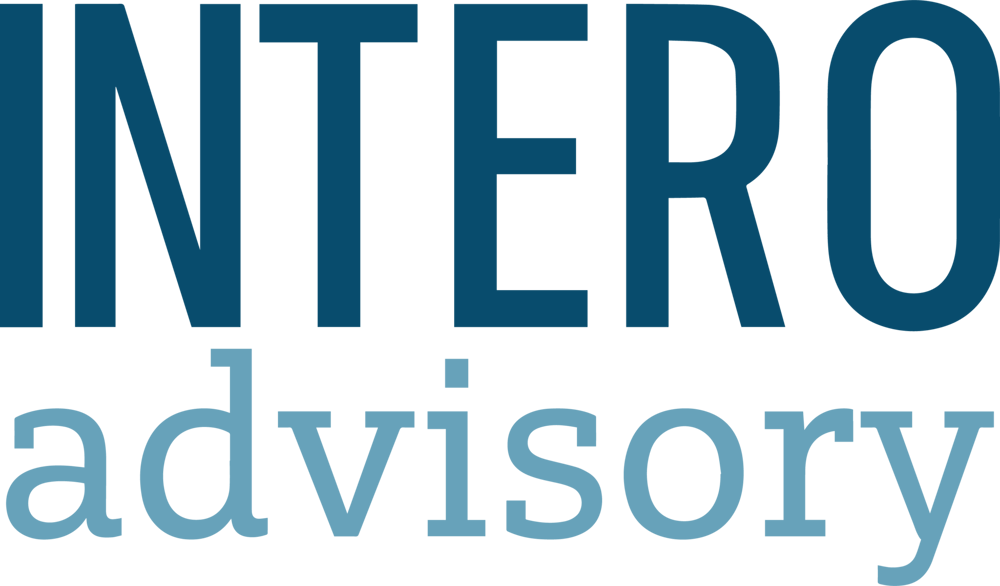Let’s discuss the candidate experience. If you are not familiar with the term “candidate experience,” think of it as the quality of the experience that a person has during the time that they are a job candidate for an organization. It comprises things like the interactions they have while interviewing, the people that they meet, how much they enjoy (or don’t enjoy) learning about the business and, ultimately, the impression that they form of the organization as a result of being one of their candidates.
The candidate experience is an extremely important part of any recruiting project. Even if a candidate does not take the job, they’ve had exposure to your organization. Can we all agree that that exposure should be positive?
Occasionally, I encounter a client that does not fully appreciate or observe this important recruiting commandment. Perhaps they’re overwhelmed by the interviewing or hiring process and so they rush through an interview; perhaps they are juggling multiple and competing priorities and they are unable to provide timely feedback regarding a candidate. There are so many possible scenarios where the candidate experience is not highly prioritized by the organization.
This can come back to haunt an organization, which is why I’m extremely intentional in coaching my clients on the candidate experience. But it can still be really challenging, right?
Let me tell you a story…
I was working with a client who needed to hire a fairly high level position for their organization. For purposes of anonymity, we’re just going to say that this organization manufactures socks and they were searching for a Senior Sock Designer.
We spoke with a number of Senior Sock Designers. It was a bit like “Goldilocks and the Three Bears.” Some folks only had elements of the job skills and requirements that we were looking for; others were perfect, except that they required a higher salary. We were certainly feeling the challenge of finding that exactly right fit. If you’ve ever done any hiring before, you know how this goes. One of recruiting’s greatest challenges is aligning the needs of the business with the skills and expertise of real-life people.
We found a candidate with an interesting background. I interviewed the candidate and cleared him to have a follow-up call with the hiring manager. The call was scheduled to occur on a weekday afternoon.
Then things got really tricky. Several hours before the call was to begin, the hiring manager decided that she did not want to speak with this particular candidate.
I advised her against her decision to cancel the call; we talked about being respectful of the candidate’s time and the effort that he had devoted to the process thus far; we discussed how cancelling a call a few hours before it is set to begin could potentially leave the candidate feeling frustrated or confused. I highlighted a few specific ways that the candidate experience could ultimately impact her organization:
Candidates Talk
Candidates talk to other people about the companies they’re interviewing with – what they like, what they don’t like, the people that interviewed them and the topics that were discussed during the interview; ultimately how their impression of a company was shaped during the interview process.
If a candidate feels like they’ve been treated unfairly or disrespectfully by a company, they will most likely talk about that experience. They may discuss it with their network; family, friends, colleagues and other contacts.
The people in their network may then draw their own negative conclusions. They might repeat what they’ve heard to people in their network. Do you see where I’m going with this?
An organization’s reputation can sometimes be built on these types of situations. Consider a related story that went viral last year, after the head of a local job listserv sent a very unprofessional rejection email to a job seeker.
As with Kelly Blazek, these types of events have the potential to do a lot of damage. They can negatively affect future opportunities to grow the team or partner with other organizations. But most importantly of all…
Candidates are Customers
This point bears repeating – your candidates are your customers. Your candidates’ network are your customers. Consumers can make the decision to not patronize your business if they have an unfavorable experience or hear negative information about your company.
How do I know? Let’s revisit the Sock Designer search.
The hiring manager went ahead with her decision to cancel the call. The candidate expressed his frustration and I worked very hard to smooth things over. I was concerned, however, that some damage had been done.
A few months later, this client had the opportunity to present their services to an agency that was considering partnering with them on a large sock manufacturing project. A team of decision makers for the agency met with my client to evaluate their services against several other sock manufacturers. As my client began their presentation, one of the agency’s team members commented, “I’m very familiar with your company. I had a phone interview scheduled with someone on your team several months ago and it was cancelled at the last minute.”
It was the jilted candidate. Oh my goodness.
Unfortunately, this story does not have a happy ending. My client did not get the business that day. Perhaps a competitor had better ideas or made a more compelling presentation. Or perhaps our jilted candidate still had such a bad taste in his mouth that he was unwilling to give them the business. I could certainly understand if that was the case.
I do not want to see my clients miss a business opportunity. That’s why this story is important to share. We can all learn from this mistake; remembering that in addition to simply filling that open position, it is important to build a recruiting process that leaves each candidate feeling valued. Even if they don’t end up getting the job or taking the job, your candidates can become a Center of Influence; a strong contact for future open positions or business partnerships; a professional ally in your area or industry; or even a loyal customer.
For information on how I manage the candidate-recruiter relationship, please read this post.
And if you’re interested in engaging with a recruiting professional, who can help to guide and manage the candidate experience, here are a few posts to read ahead of time:
Working with Recruiters: For Companies
Working with Recruiters: 3 More Tips for Companies
And don’t forget, when you’re putting together the strategy for your next recruiting project, it’s important to carefully consider the candidate experience.


